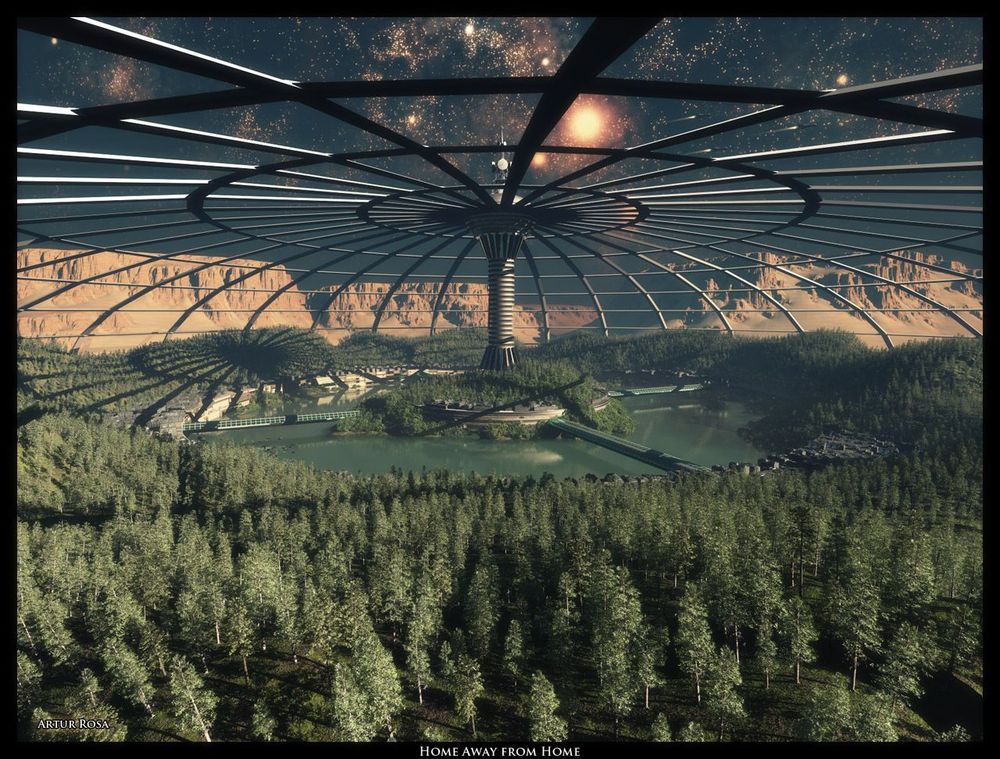The McKay-Zubrin plan for terraforming Mars in 50 years was cited by Elon Musk.
Orbital mirrors with 100 km radius are required to vaporize the CO2 in the south polar cap. If manufactured of solar sail-like material, such mirrors would have a mass on the order of 200,000 tonnes. If manufactured in space out of asteroidal or Martian moon material, about 120 MWe-years of energy would be needed to produce the required aluminum.
The use of orbiting mirrors is another way for hydrosphere activation. For example, if the 125 km radius reflector discussed earlier for use in vaporizing the pole were to concentrate its power on a smaller region, 27 TW would be available to melt lakes or volatilize nitrate beds. This is triple the power available from the impact of a 10 billion tonne asteroid per year, and in all probability would be far more controllable. A single such mirror could drive vast amounts of water out of the permafrost and into the nascent Martian ecosystem very quickly. Thus while the engineering of such mirrors may be somewhat grandiose, the benefits to terraforming of being able to wield tens of TW of power in a controllable way would be huge.
